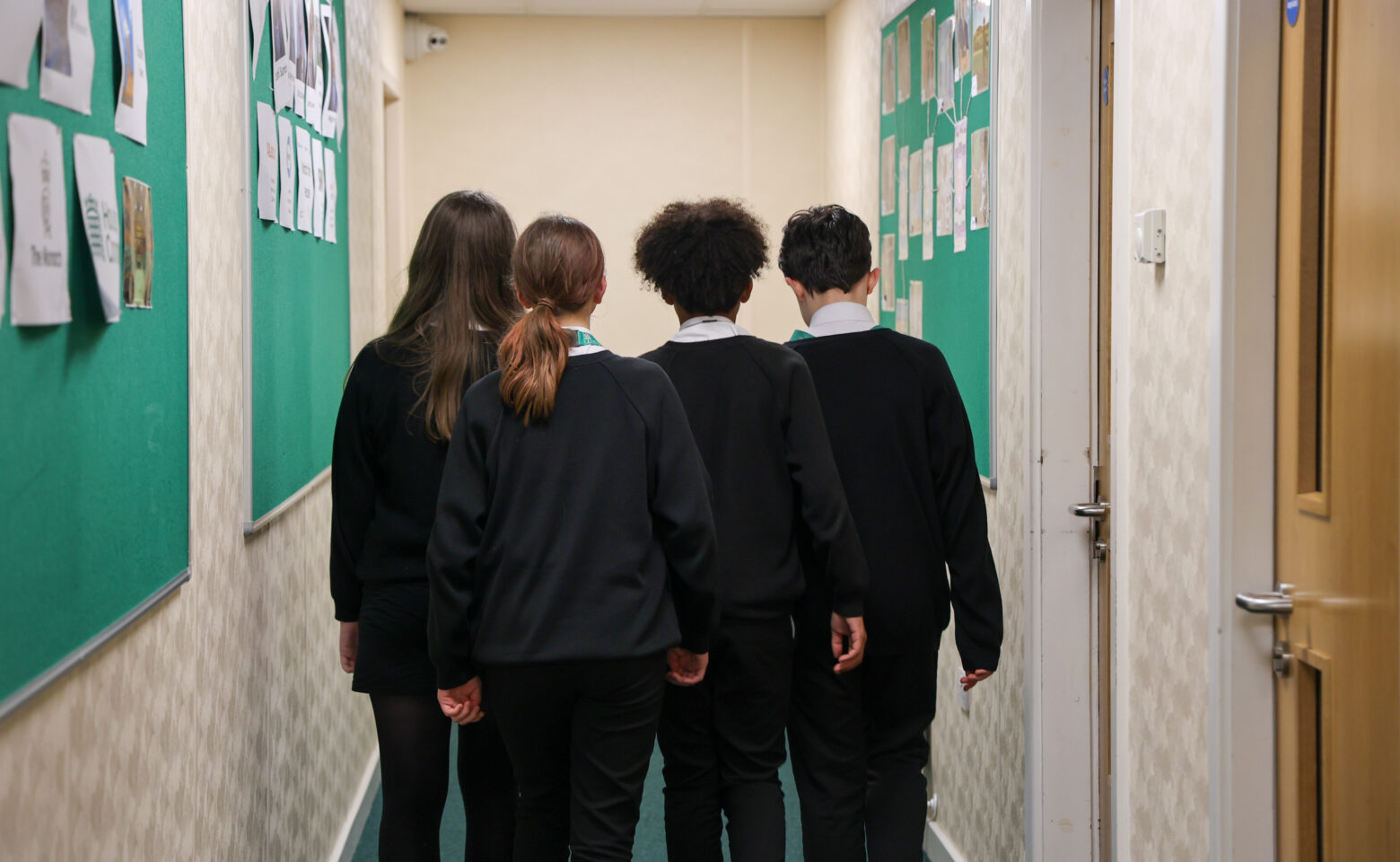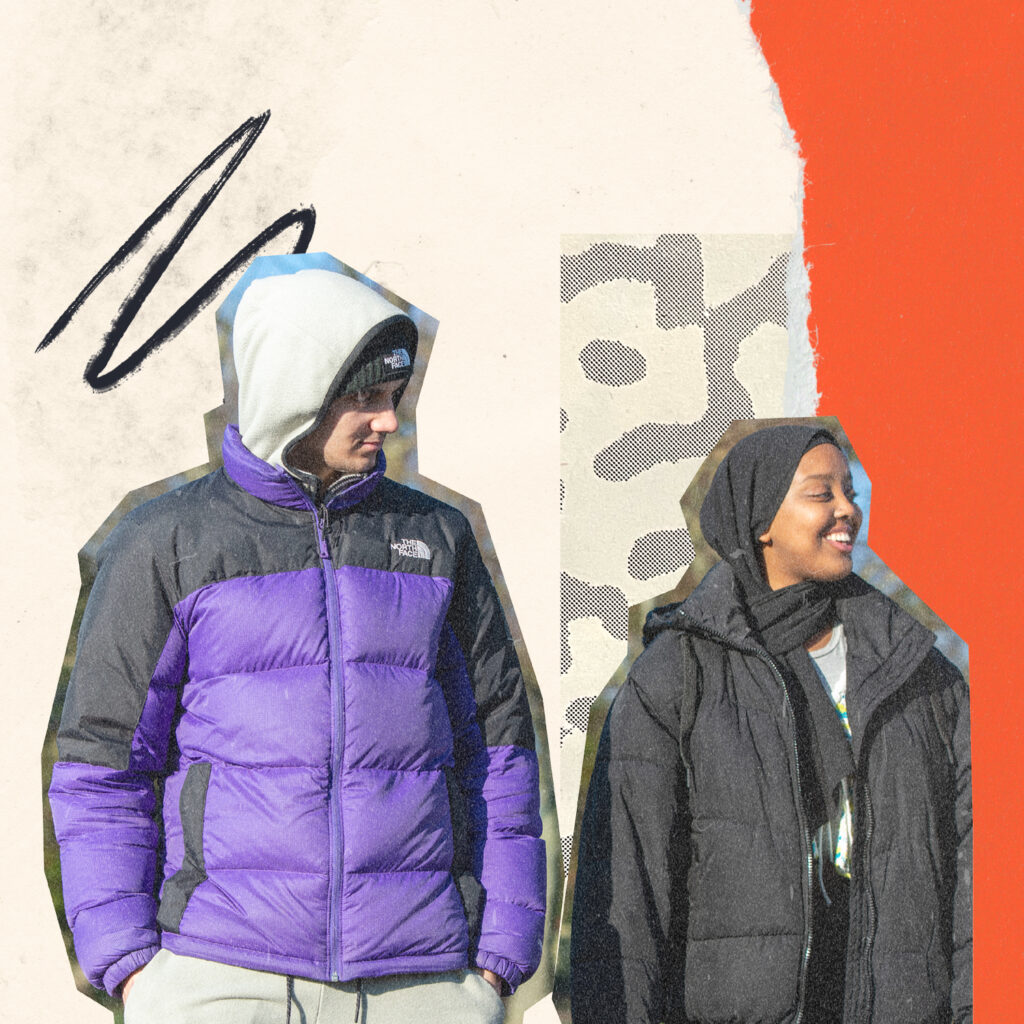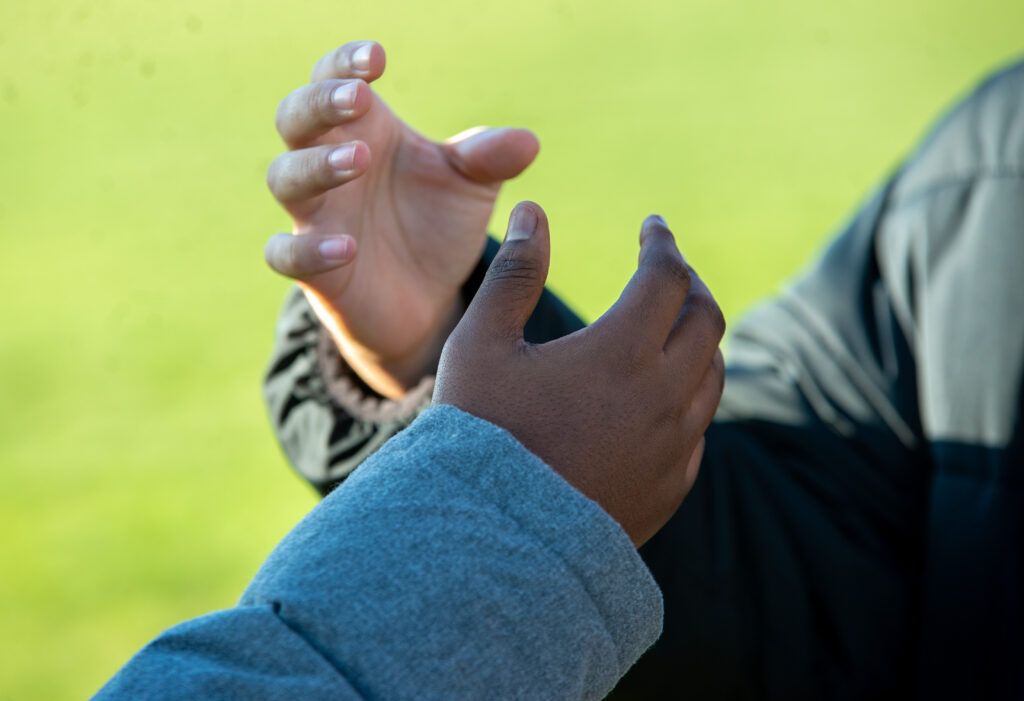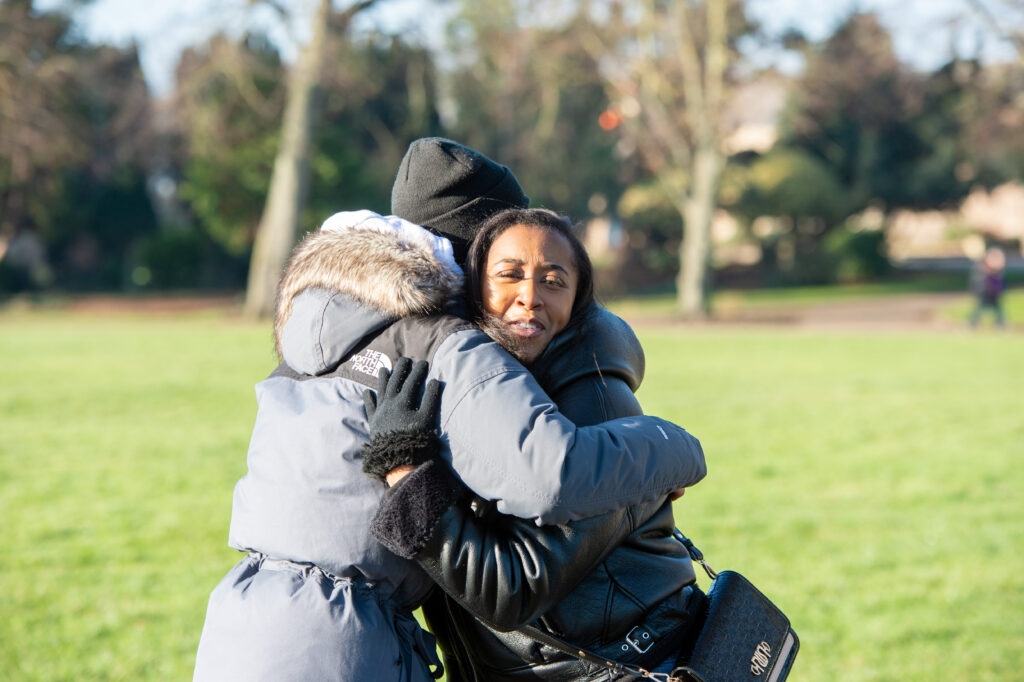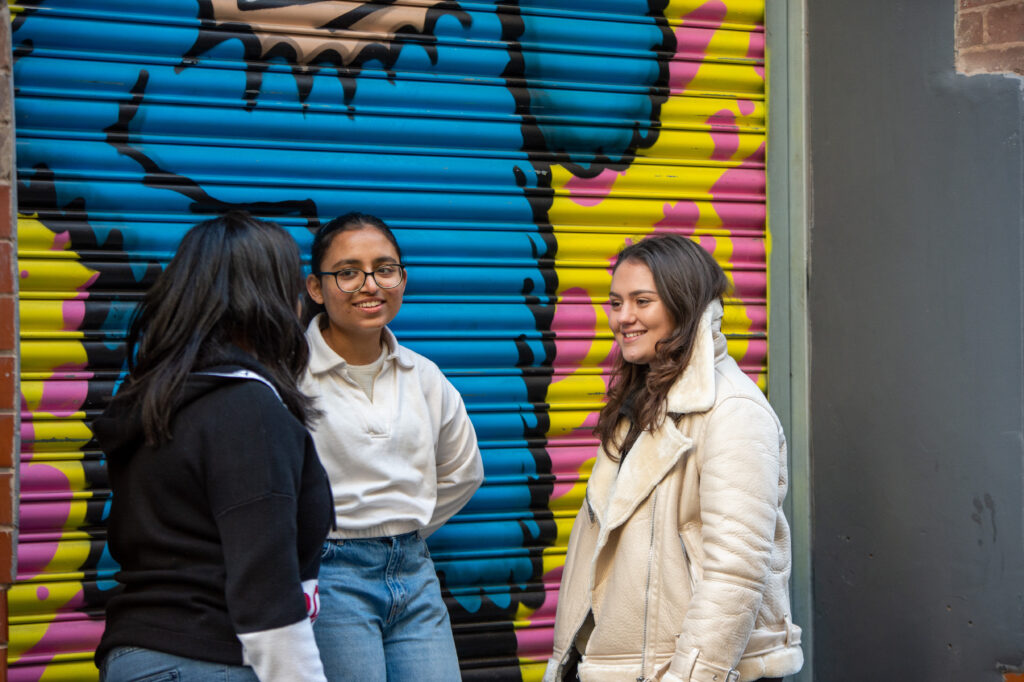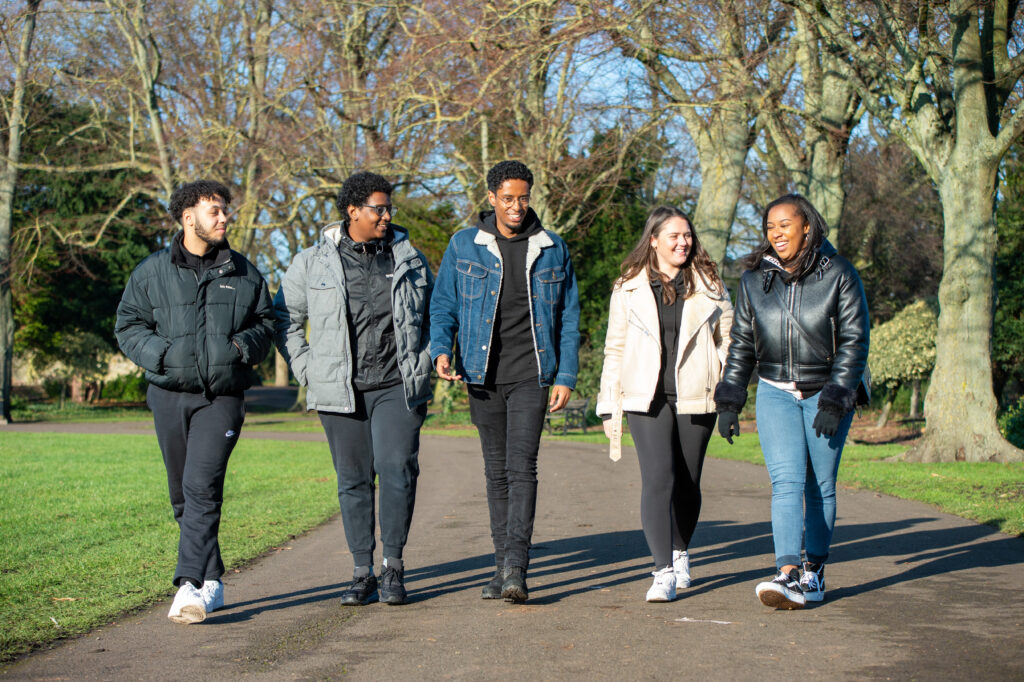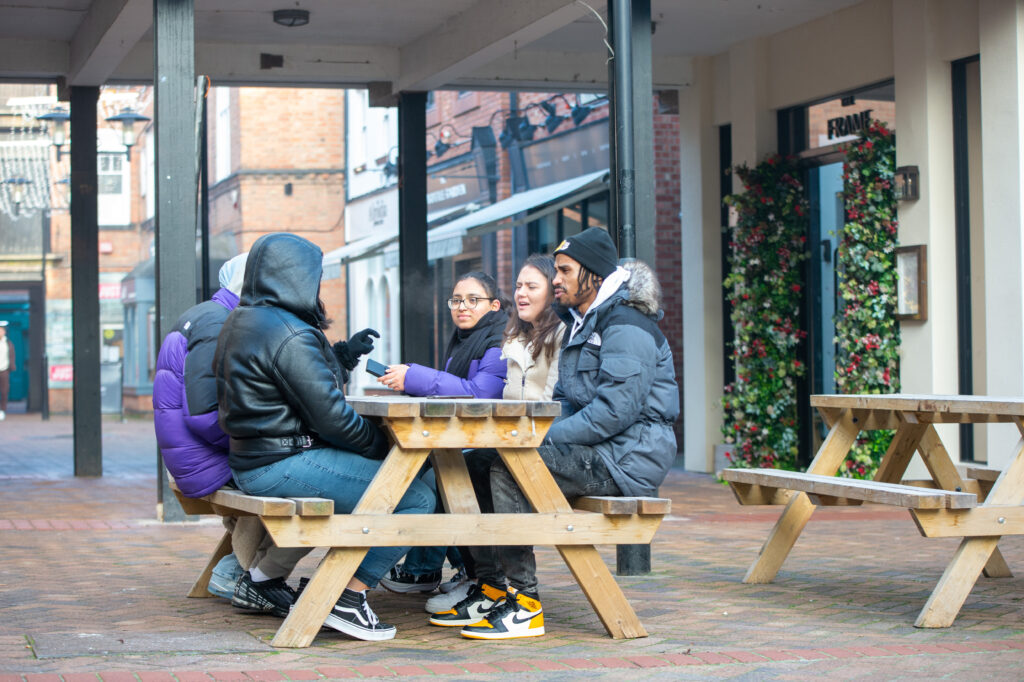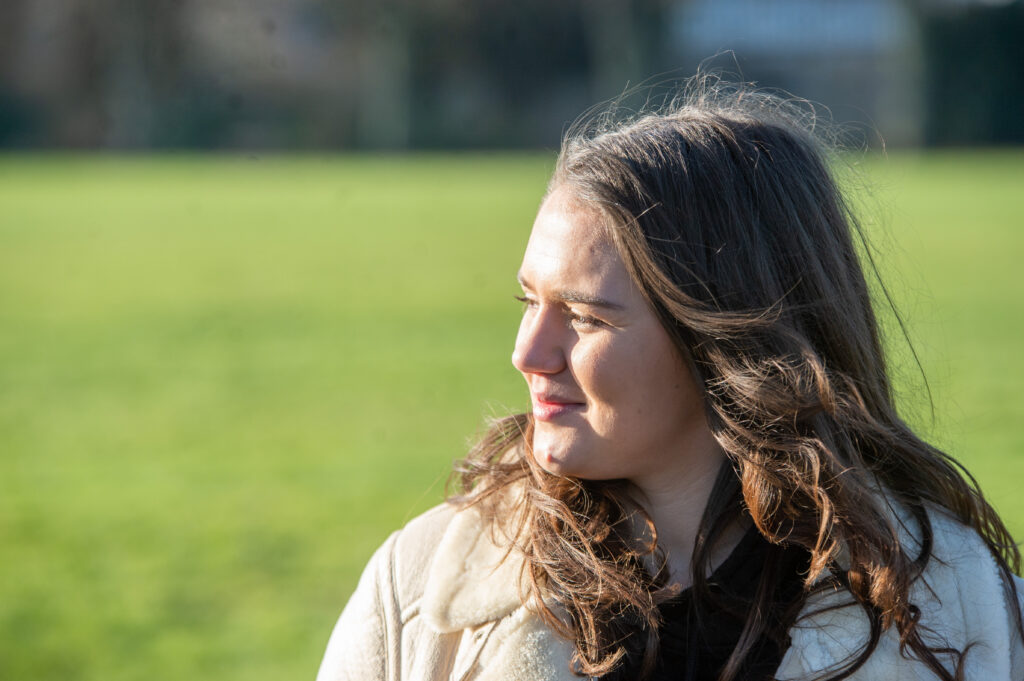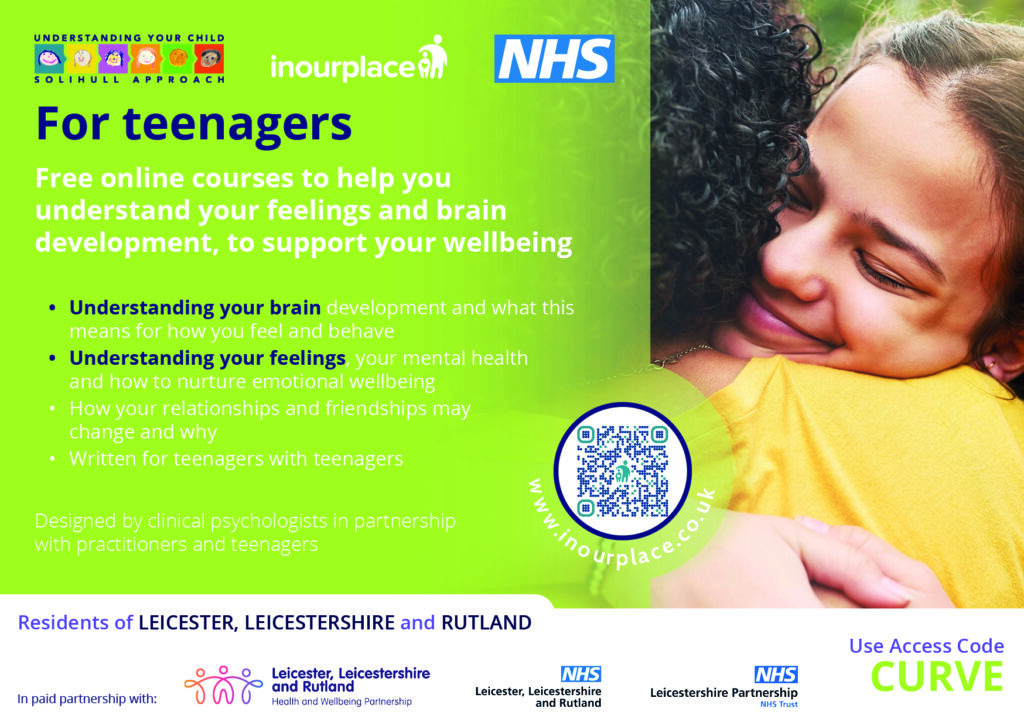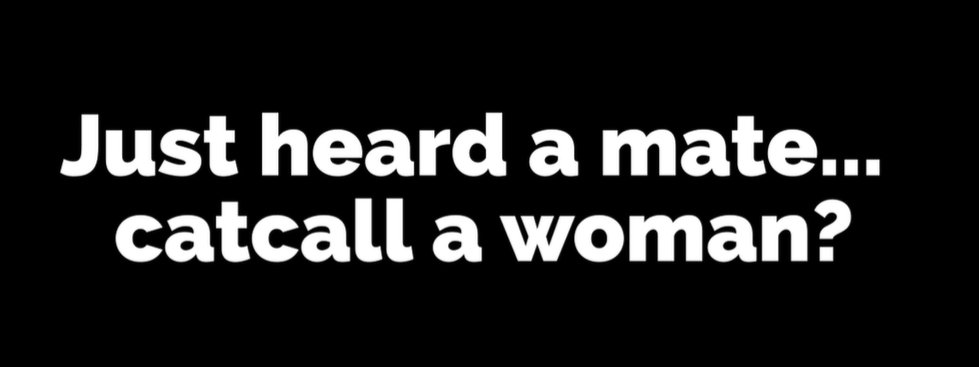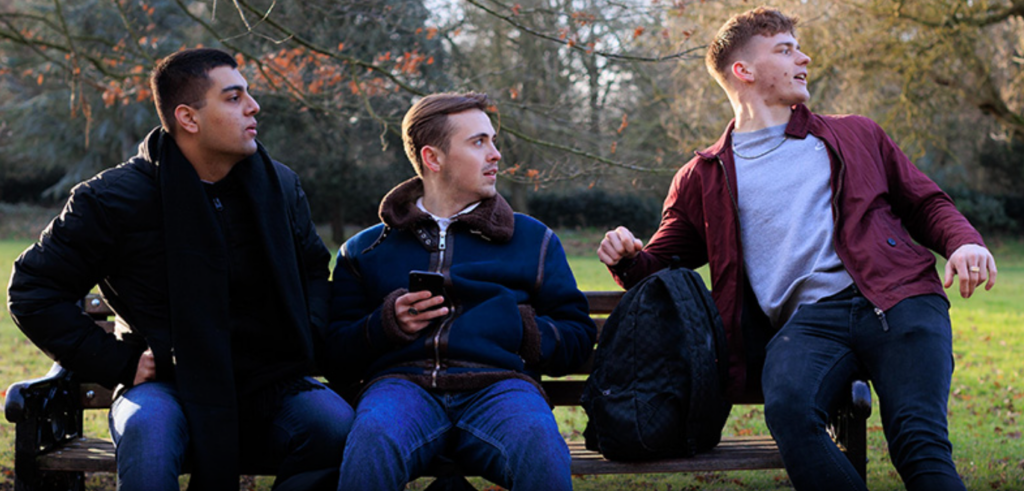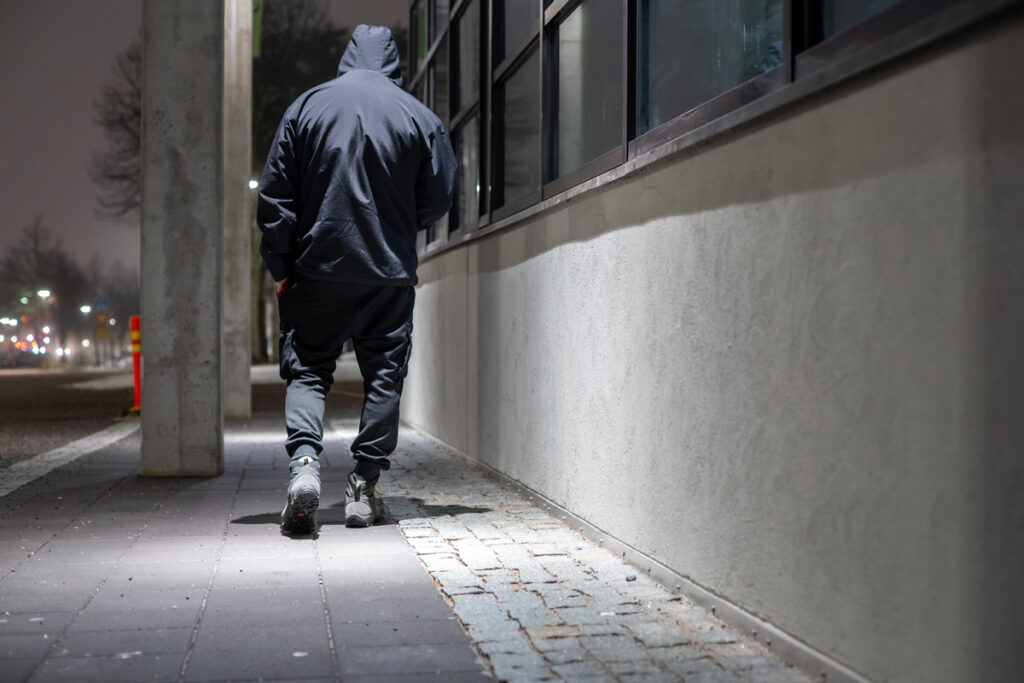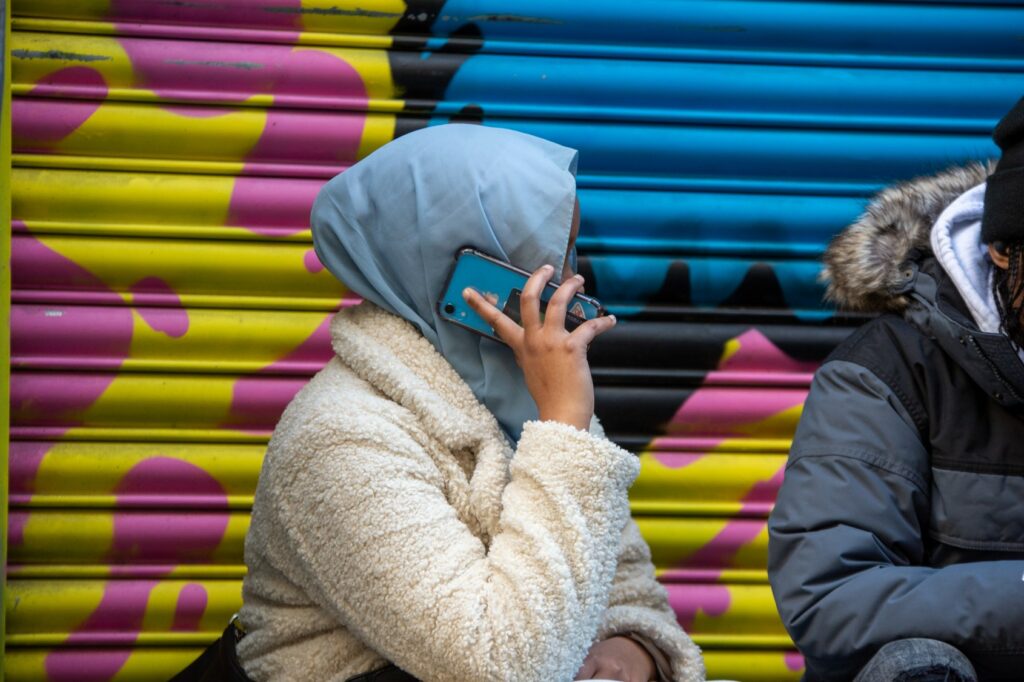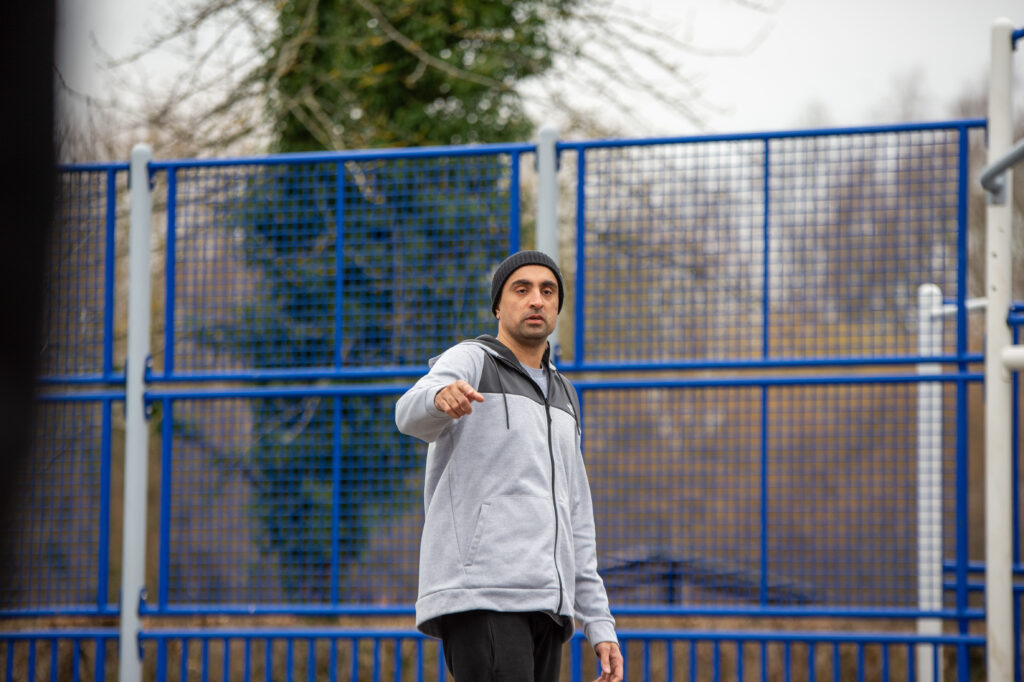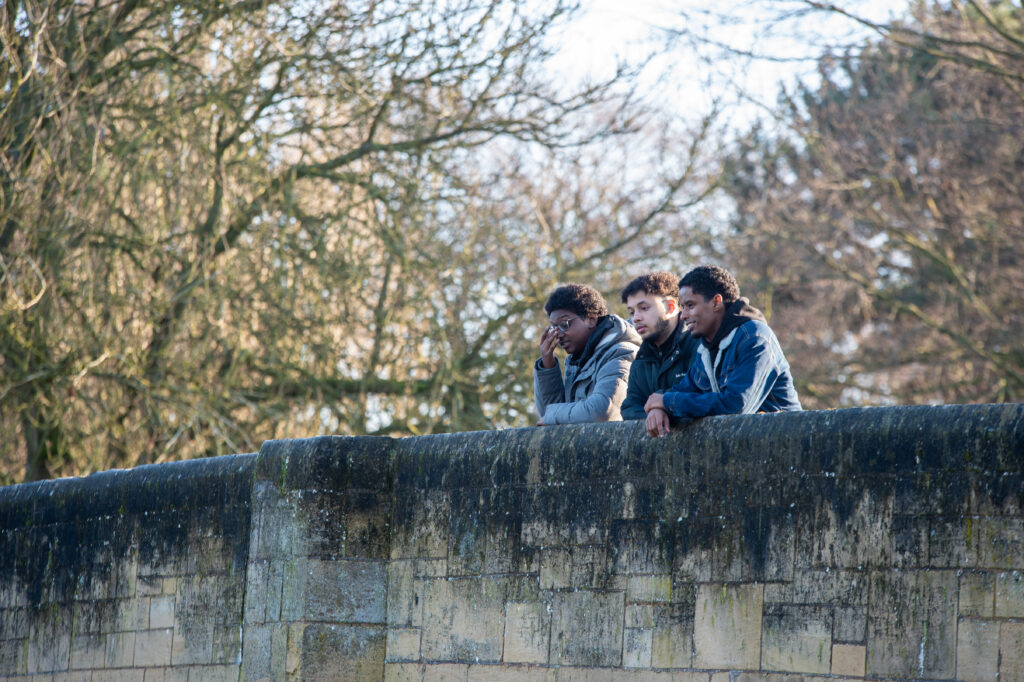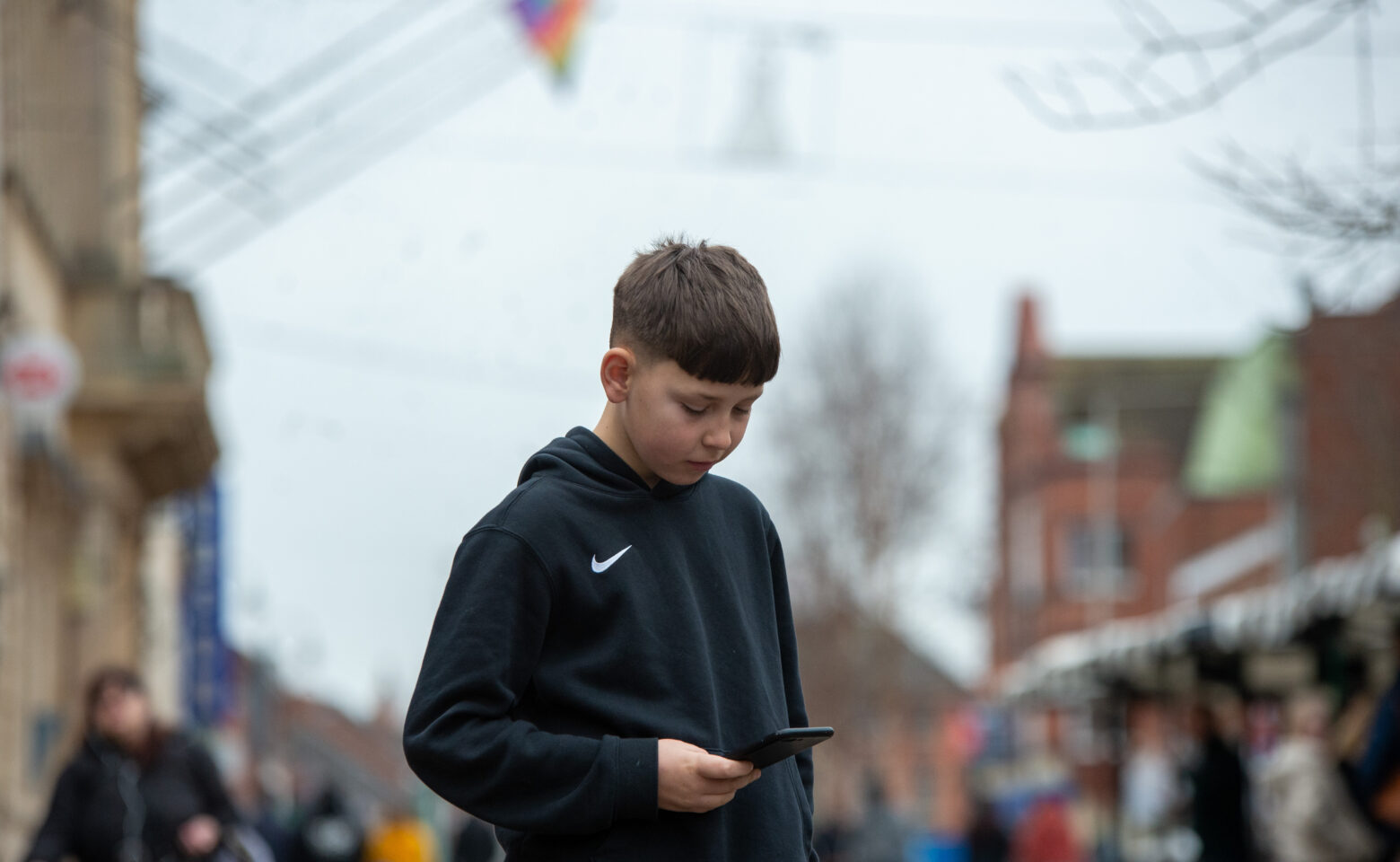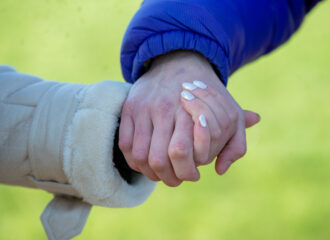WHAT IS A HEALTHY RELATIONSHIP?
A relationship is a connection between two or more people, groups, or things. Different types of relationships include:
- social relationships, for example with neighbours.
- professional relationships – like those we have with work colleagues, teachers or doctors.
- personal relationships; family, friends, romantic.
A healthy relationship involves respect, trust, good communication & space and boundaries.
GOOD COMMUNICATION
Good communication in a healthy relationship means being able to:
- Share your thoughts and feelings.
- Listen to their thoughts and feelings.
- Compromise with each other when necessary.
- Respect each other’s views and opinions.
- Communicate clearly, honestly, and respectfully.
- Set your own values and boundaries.
I HAVE QUESTIONS …
All relationships have disagreements and arguments at times, often referred to as ‘conflict.’
The conflict itself doesn’t mean your relationship is unhealthy – but in a healthy relationship you and your partner will be able to deal with the disagreement in a healthy way.
For example, in a healthy relationship, you’ll be able to talk and listen to each other and come to agreements or compromises that are suit you both.
If this is not happening in your relationship and the arguments are getting worse, try talking to someone you trust such as a friend or family member.
For more advice, see HELP AND SUPPORT.
There are some important things to remember about families:
- Every family is different.
- It’s normal to not get on with your family sometimes.
- Family changes can be stressful but there are ways to cope.
- It can help to talk about how you’re feeling.
- Things like bullying or money problems can make it harder to get on with your family.
It can be normal to not get on, but it’s not normal for abuse to take place. Sometimes it can be hard to know when something is just an argument, or whether it is a form of abuse. If you are unsure, check out Childline for more information.
If you’re ever worried it’s important to seek help and HELP AND SUPPORT. Being abused or hurt is never okay, and there are always people who can help.
In society – often through social media, we often see and hear gender stereotypes.
Men grow up with the belief that crying is a sign of weakness; boys are often told not to cry and to ‘suck it up’ instead. This can lead boys to bottle up their emotions, which keeps them from overcoming them effectively.
Many young men associate crying with femininity and weakness, but the bottom line is that crying is a normal human emotion that doesn’t need to be associated with weakness for any gender or gender non-confirming person.
Science shows that crying is actually a healthy outlet – it helps us regulate emotional stress.
Try talking to someone you trust about this. See HELP AND SUPPORT.
In all friendships, friends can occasionally fall out. But it doesn’t mean it’s the end of the friendship.
If you value your friendship with this person:
- Try talking to them once the argument has settled down.
- Listen to how they are feeling, and try and imagine it from their perspective.
- Work together to compromise and meet in the middle so that your friendship can move forward.
But remember – friendships should make us feel good about ourselves and support our emotional wellbeing. If you are unsure whether you want to make up with your friend because you’re worried the friendship is unhealthy – see HELP AND SUPPORT.
For more info about friendships – check out the facts on HealthForTeens.
TRUST
Trust in a healthy relationship means being able to:
- Communicate well with each other.
- Be open and honest with each other.
- Enjoy friendships and activities away from each other.
- Feel comfortable and safe to express feelings and emotions.
- Rely on each other for comfort, care and support.
A lack of trust can cause anxiety and a feeling of being on edge, so trust is really important in any relationship. Trust is something that two people build together which becomes stronger over time.
I HAVE QUESTIONS …
It is not healthy to go through somebody else’s phone.
Healthy relationships are based on trust, and if you are looking through your partner’s phone without permission, then this could be a sign that you are struggling to trust that person.
Try to identify the reasons why you are going through their phone. If you feel your trust may have been tested or broken, it’s important to talk through your feelings with your partner and decide whether you can move forward or if you need to go your separate ways. You shouldn’t avoid talking through your feelings because you’re scared of the potential outcome.
If you think that your lack of trust may be due to your own insecurities, there are things you can do to help:
- Try to identify your own triggers so that you can become more self-aware about the problems you need to work on.
- Try to engage with your partner in more open conversation about how you can work on any trust issues.
- Express how you feel to your partner. Use “I” statements rather than “you” to prevent any blame. For example, “I sometimes feel insecure because…”
- Listen to your partner with an open mind, so you can understand their perspective as well.
- See HELP AND SUPPORT.
You don’t have to prove your trust in your friendship by sharing your passwords.
Trust and respecting boundaries is very important. Your friends should not try to invade your space or boundaries. If you feel that you have to give them your password, this is a sign of an unhealthy relationship.
Be honest – healthy relationships are built on trust and respect. For example: “I feel uncomfortable when you ask for my passwords.”
A good friend and partner will respect your right to privacy and will not expect or pressure you to share your password.
For more help, see HELP AND SUPPORT.
Most people in porn are paid actors and they’re doing things to entertain the people watching it.
The actors will behave in a certain way and will have often had surgery to portray a particular type of body.
Typically, a porn actor will be seen to portray the ‘ideal’ sexual body, e.g. no body hair, large and symmetrical genitalia.
Similarly, people often use editing and filters and even AI to present a certain image of themselves on social media.
Body and self image can be affected and impact a relationship due to unrealistic expectations and create mistrust between partners.
Try talking to your partner about how you are feeling. For more support around body image, see Mind.
KNOW THE LAW: The law is clear – taking or sharing photos of videos of under 18s (this includes yourself) is illegal.
If you are considering sending a nude image to someone make sure you trust them and are aware of the risks below:
- Once you click send, you have no control over how that image is being used.
- At best, this can leave you feeling worried and embarrassed.
- At worst, you might get unwanted attention, and find that some people use these images to bully and harass you.
In a healthy relationship you should not feel pressured to send a nude, but Childline have some tips on how you can deal with it.
If you have already shared a nude and you’re worried about try talking to the person you’ve sent it to, and ask them to delete it. Explain why you’re worried.
If someone has done something online to make you feel worried or unsafe, you can report it to CEOP – The National Child Exploitation and Online Protection Centre. CEOP works across the country to keep children and young people safe. They can provide you with advice and support.
You should also encourage your partner to do the same with their friends. It is important to respect each other and each other’s boundaries – it is likely to strengthen your own relationship.
If you or your partner are struggling, try talking to them and being honest about how you are feeling.
For more advice, see HELP AND SUPPORT.
RESPECT
Mutual respect in a healthy relationship means being able to:
- Respect each other whilst respecting yourself.
- Each set your own values and boundaries.
- Allow each other to have your own privacy.
- Enjoy time away from each other.
I HAVE QUESTIONS …
Spending every waking minute with each other isn’t necessarily a sign of a healthy relationship. Having your own interests, hobbies, friends, and periods of time just for you is actually healthy in a relationship.
You should make sure you take time to focus on your own friends, hobbies or space for yourself without being made to feel guilty about it.
You should also encourage your partner to do the same with their own friends. It is important to respect each other and your boundaries – it is likely to strengthen your own personal relationship.
If you or your partner are struggling, try talking to them and being honest about how you are feeling.
For more advice, see HELP AND SUPPORT.
It is not okay for your partner to criticise your body or the way you look. No one has the right to do that.
If your partner is criticising the way you look, it’s a sign that things are not right within your relationship. Their behaviour is not acceptable, and you might want to get help. Remember, it is not your fault and you don’t deserve to be treated like this. See HELP AND SUPPORT.
We all have our own identity and clothing is one way in which we can express ourselves and our identity.
Your partner has their own identity, and it is important that they choose what clothes they wear.
If your partner asks for your opinion, then share freely. But if you are directing your partner to dress a certain way, or change their appearance, this is a sign of controlling behaviour. If you need more advice or support, see HELP AND SUPPORT.
In a friendship, you both need space by yourself and the time and freedom to hang out with different friends.
It is not healthy that your friend is telling you who you can spend time with.
Try telling your friend that you value your friendship but that you are going to spend time with other people too.
For more advice, see HELP AND SUPPORT.
SPACE AND BOUNDARIES
Boundaries are the invisible lines you draw around yourself to protect your physical, mental, and emotional space. They are the rules or limits you set in a relationship that define what you are comfortable with and how you expect to be treated. In a healthy relationship, you should:
- Express what makes you both feel comfortable within the relationship.
- Treat each other how you both want to be treated.
- Spend time and energy on things that you want to do.

SEXUALITY
What is it?
- Sexuality is about your sexual feelings, thoughts, attractions, and behaviours towards other people. It is an important part of who you are.
- You might find that you’re attracted to people of the opposite sex, people of the same sex as you, both sexes or even none. It is completely normal which ever sex you are attracted or not attracted to.
LGBTQIA+
LGBTQIA+ is an abbreviation for lesbian, gay, bisexual, transgender, queer or questioning, intersex, asexual, and more. These terms are used to describe a person’s sexual orientation or gender identity. It’s important for us to have awareness of each other. For more information, check out the A to Z of terminology here – A to Z of LGBTQ Terminology (A-H) | Health For Teens
Exploring your sexuality
You cannot choose how you feel about other people, but you can choose how to label your sexuality, or if you prefer, you don’t need to label it at all.
It’s totally normal for some young people to be confused about their sexual identity. Some people know their sexuality from an early age, whilst others want to experiment while they are exploring it. You might find it helpful to talk to someone about exploring your sexuality. Find out more here – Proud Connections Live Chat – The Proud Trust
Accepting your sexuality
We currently live in a heteronormative society and therefore it can be daunting for some people to accept their sexuality.
Remember that nothing has “caused” you to feel the way you do and there is nothing wrong or weird about your feelings. However, what you are feeling is completely valid and you shouldn’t put yourself under pressure to figure out your sexuality immediately.
Take the time to explore your feelings and reflect – it will be difficult to understand your feelings if you ignore them.
You might find it helpful to talk to a friend or a trusted adult.
SEXUALITY – HELP AND SUPPORT
For some young people, coming to terms with the fact that they might be attracted to someone of the same sex can be difficult.
There are plenty of services and online resources to help young people who are exploring their sexuality.
It can help to talk to other people who are going through the same thing.
Sexuality – Useful websites
For more info on sexual and gender identity
Sexual and gender identity | Childline.
For a helpline, email support and further info on the topic
Home – LGBT Foundation.
For stories and experiences from other LGBTQIA+ people
People Like Me – The Proud Trust.
CONSENT
Consent means that someone agrees to take part in something, for example sex, by choice, and that they have the freedom and capacity to make that choice.
Consent is:
- Applicable regardless of gender or sexuality
- Given by young people aged 16+
- Given by those who have the capacity (i.e. conscious and aware of what is happening)
- Able to be withdrawn at any time
- Conditional i.e. someone may consent with certain conditions, and if the conditions are not met or are withdrawn, then they have no longer given their consent.
For example: ‘Stealthing’ is when someone removes a condom during sex without the other person’s consent or lies about having put one on in the first place. Stealthing is rape. For more advice, see https://www.loveisrespect.org/resources/what-is-stealthing - If consent for sex is not given, it’s RAPE. Rape is sexual violence and a very serious crime that carries the same maximum sentence as murder. For more information, see: Rape Crisis
I HAVE QUESTIONS …
Deciding whether to have sex is your decision. But if you are considering it, make sure you are aware of the information below and try talking to someone you trust first.
Know the law: the age of consent to engage in sexual activity is 16, no matter what your sexuality or gender is. Remember this age restriction exists to protect you.
- Deciding whether to have sex is your decision. If you’re not feeling comfortable or ready, then nobody has the right to pressure or force you. Respecting each other’s boundaries is part of a healthy relationship.
- Having sex can lead to pregnancy or a Sexually Transmitted Infection (STI). Think about using contraception to protect you and your partner. Click here for more advice on the different types of contraception and where you can access it.
- All persons involved must consent to the sexual activity and be comfortable with it. Consent is vital, and it’s your responsibility to know whether your partner is consenting.
They will consent before engaging in any kind of sexual activity. Consent means they agree to take part by choice, and have the freedom and capacity to make that choice.
Remember that consent can be withdrawn at any time and is conditional i.e. someone may consent with certain conditions, and if the conditions are not met or are withdrawn, then they have no longer given their consent.
For example: ‘Stealthing’ is when someone removes a condom during sex without the other person’s consent or lies about having put one on in the first place. Stealthing is rape. For more advice, see https://www.loveisrespect.org/resources/what-is-stealthing.
Know the law: according to the law, only a man can commit rape (as penetration has to be with a penis). However, both women and men can be raped.
A woman can commit sexual assault, and this carries the same maximum sentence as rape and murder.
Many of the myths surrounding rape can make victims and survivors feel as though they are somehow to blame. Read some common myths below.
Every person has the right to wear whatever clothes they want without being raped or sexually assaulted. The assumption that certain clothing makes someone more likely to be a victim is an example of ‘victim blaming’. There is never any excuse for rape or sexual assault.
If you are worried about yourself or a friend see HELP AND SUPPORT.
False allegations of rape are extremely rare. Most people who are raped or experience another form of sexual violence never tell the police.
If you are worried about yourself or a friend see HELP AND SUPPORT.
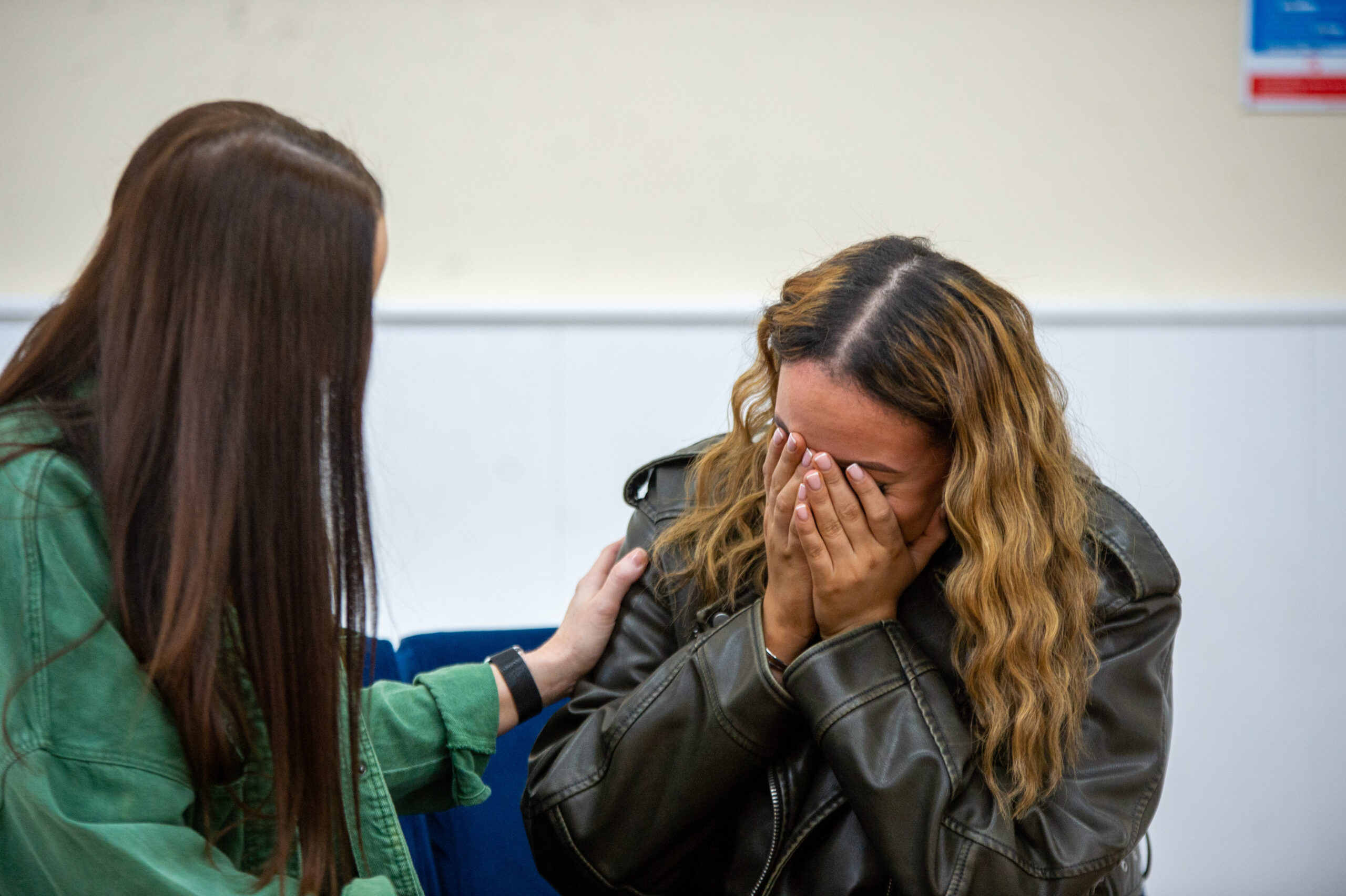
WHAT ARE THE SIGNS OF AN UNHEALTHY RELATIONSHIP?
It can be helpful to think of relationships within a spectrum. Imagine ‘healthy’ one end and ‘abusive’ the other end. ‘Unhealthy relationships’ sit within that spectrum.
Every relationship is different and as such, the signs of unacceptable and unhealthy behaviour might look different in every relationship.
It is not always easy to identify and accept when our own relationship is becoming unhealthy or abusive. But if something is making you feel uncomfortable or unsafe, then it’s important to talk about it.
Here are some key signs to look out for:
UNHEALTHY RELATIONSHIPS
- Lack of communication.
- Arguments with no compromises met.
- Lack of mutual respect.
- Lack of trust.
- Boundaries that are not respected.
- Time spent only with each other and not with anyone else.
- Pressure within the relationship to carry out certain activities that one or both are uncomfortable with.
ABUSIVE RELATIONSHIPS
- Hurtful or threatening communication.
- An element of control including how someone dresses or checking through mobile phones without permission.
- Bullying within the relationship.
- Isolation from friends or family (physically, financially, or emotionally).
- Any form of violence, including physical harm.
- Any form of manipulation or gaslighting.
- For more info on different types of abuse see here.
HOW DO I KEEP MY MATES SAFE?
Worried that your mate is in an unhealthy or abusive relationship? Are they:
- Feeling pressured to or doing things they’re uncomfortable with (such as sending a nude, or having sex)?
- Being told what to wear?
- Always telling someone know where they are or what they are doing?
- Having their social media accounts monitored?
- Having their money, access to food or day-to-day items controlled by someone?
- Being prevented from working or going to school/college/university or feeling reluctant to go?
- Being bullied or experiencing sexual bullying, either online, in private or in front of others?
- Changing their behaviour or showing signs of mood swings?
- Becoming isolated and spending little time with family or friends?
- Becoming attached to their phone and constantly messaging other people.
- Not everyone will show signs that something is wrong, but it’s important to notice changes even if they are subtle.
HOW CAN I HELP?
- Try talking to your mate and let them know you are worried. You can give them the space and time to open up when they feel the time is right. Remember to listen and not interrupt.
- Let them know that you are there for them whenever they do want to talk. They may not have accepted that there is anything wrong yet, but at least they will know you are there when they are ready.
- Discuss ways they could get help or support from a trusted adult, for example a youth worker, teacher, university leader, school nurse.
- Support them to get help. You may go along with them or speak up for it if they feel that they are unable to share themselves.
- If you are really worried, or think your friend is in danger, you must seek help and support from an adult you trust.
- Remember – supporting your friend is most important. Sometimes this may involve getting help from somewhere else, even if your friend has asked you not to tell anyone.
- See below for HELP AND SUPPORT.

I NEED HELP AND SUPPORT
- If you or one of your mates are in immediate danger, call Leicestershire Police on 999.
- If something is making you feel uncomfortable or unsafe within your relationship, then it’s important to talk about it. Try talking to a friend or a trusted adult (a parent/carer, a teacher or university leader, a youth worker, sports coach or family friend). Let them know why you are worried and ask for their advice on what to do next.
- If you are worried you are the reason your relationship is unhealthy, or you are hurting someone you love, then it’s also important to talk about it. Try talking to a trusted adult as early as possible and ask for their advice to avoid the harm escalating.
- Remember you are not alone and there is always someone who can help.
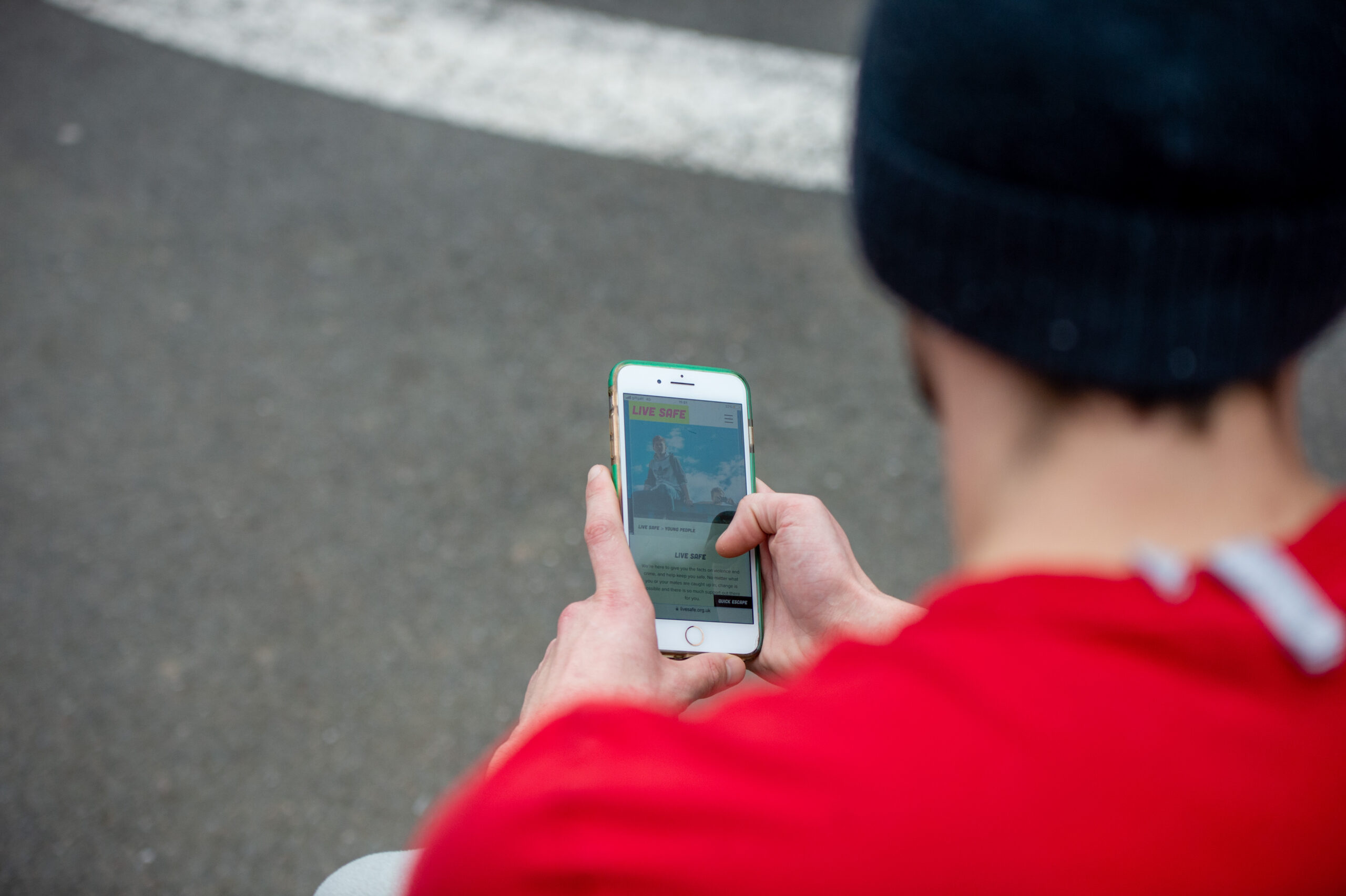
SUPPORT LINKS
- ChildLine lets you speak to a counsellor in confidence.
Share what’s happening anonymously on Childline message boards.
Call Childline free on 0800 1111. - HealthForTeens has the latest info on Hot Topics in relationships.
- For more info on Sex and Relationships, see The Mix.
- Worried you’re hurting someone you love? Respect share positive stories of change.
- TeenHealth for more information.
For Teenagers
Free course – for all teenagers living across Leicester, Leicestershire and Rutland. Click the link and type in the access code CURVE to access.
LANGUAGE
Negative behaviours and attitudes from boys and men towards women and girls can cause real harm. We need to think about how boys and men are treating women and girls and start having conversations about what we can do to make our communities safer places. Remember – all violence starts somewhere!
Negative behaviours and attitudes can include:
- Catcalling (wolf-whistling, shouting, unwanted sexual language towards a woman or girl).
- Persistent unwanted attention.
- Not leaving a girl or woman alone when she’s said no.
- Staring intently.
- Sexist, derogatory jokes.
- Insulting women.
- Unwanted physical touching (e.g., pinging bra straps).
Left unchallenged, this behaviour can escalate and become worse over time.

START THE CONVERSATION
One of the most powerful ways to change someone’s behaviour is through their own friendship groups.
By starting a conversation with a mate when you see them acting out of line, you can make a real difference.
You don’t always have to directly challenge them if it’s not the right time, you can also get help from others or distract them to stop the situation before it really starts.
‘You’re Right, That’s Wrong’ gives you the tools and confidence to have the conversation with a mate: You’re Right, That’s Wrong (thatswrong.co.uk)
Harassment and stalking
Harassment is unwanted and repeated behaviour that make you feel scared, distressed, or threatened.
Stalking is an extreme and dangerous form of harassment because the perpetrator is usually obsessed with the victim, leading to more intrusive behaviour.
Harassment
It’s harassment if the unwanted behaviour has happened more than once.
Harassment may include:
- Bullying at school or in the workplace.
- Cyber stalking.
- Antisocial behaviour.
- Sending abusive text messages.
- Sending unwanted gifts.
- Unwanted phone calls, letters, emails, or visits.
Sexual harassment
Sexual harassment is when unwanted behaviour:
- Violates your dignity.
- Creates an intimidating, hostile, degrading, humiliating or offensive environment (this includes the digital environment, online).
Some examples of sexual harassment include:
- Sexual comments, jokes or gestures.
- Staring or leering at your body.
- Using names like ’slut’ or ‘whore’.
- Unwanted sexual communications, like emails, texts, DMs.
- Sharing sexual photos or videos.
- Groping and touching.
- Someone exposing themselves.
- Pressuring you to do sexual things or offering you something in exchange for sex.
If you’ve experienced any of these it’s not your fault and you don’t have to put up with it.
STALKING
Stalking is like harassment, but it’s more aggressive. The stalker will be obsessed with the person they’re targeting.
Someone you know could be stalking you; an ex-partner or a person you were friends with, or it might be a stranger. If it’s someone you know, or knew, it doesn’t mean that it’s your fault; it’s still stalking and it’s an offence.
Stalking may include:
- Regularly following someone.
- Repeatedly going uninvited to their home.
- Checking someone’s internet use, email or other electrical communication.
- Hanging around somewhere they know the person often visits.
- Interfering with their property.
- Watching or spying on someone.
- Identity theft (signing-up to services, buying things in someone’s name).
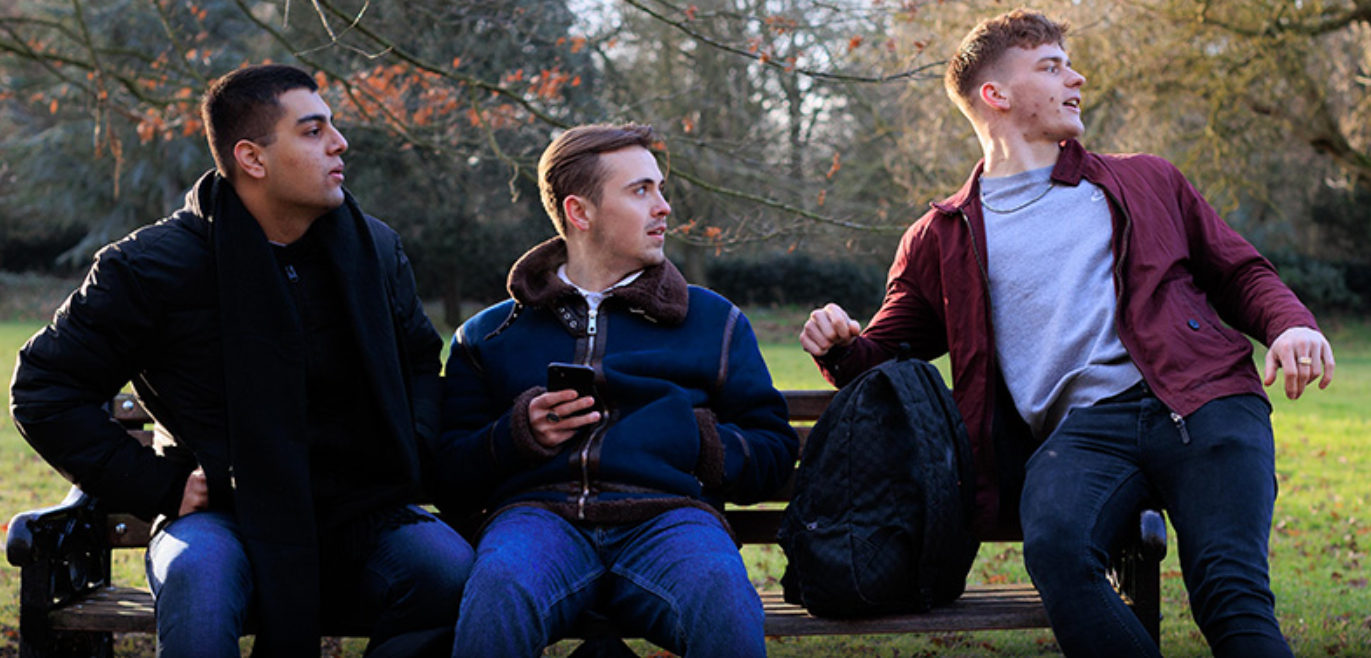
The four warning signs of stalking
If the behaviour you’re experiencing is:
Fixated
Obsessive
Unwanted
Repeated
Then talk to a trusted adult and seek support straight away.
Online stalking and harassment
Social networking sites, chat rooms, gaming sites and other forums are used to stalk and harass people, for example to:
- Get personal information.
- Communicate (calls, texts, emails, social media, creating fake accounts).
- Damage their reputation.
- Spam and send viruses.
- Trick other internet users into harassing or threatening.
- Steal identities.
- Threaten the sharing of private information, photographs, copies of messages.

HELP AND SUPPORT
Worried you’re being stalked or harassed?
You can report the crime to the Leicestershire Police or contact the National Stalking Helpline.
You can report it anonymously to Crimestoppers.
Visit the Suzy Lamplugh Trust website for more information.
WHAT DOES IT MEAN FOR ME?
Remember that relationships take many forms, and that every relationship is different.
Relationships can be confusing and it can be difficult to understand what is and isn’t normal behaviour.
Use the advice here and try to understand and reflect on your own behaviours and the behaviours of others, to identify if your relationship is healthy.
If you are worried about your own behaviour, talk to an adult that you trust so that you can take action to stop your behaviour escalating into something more harmful. Harmful behaviour is often illegal and can result in many negative consequences.
If you are the victim of harmful behaviour, it is important to remember that it is never your fault. For further advice and information, see HELP AND SUPPORT.
WORRIED YOU ARE IN AN ABUSIVE RELATIONSHIP?
National Helplines:
Rape Crisis: 24/7 helpline for victims of rape and sexual abuse 0808 500 2222
Mankind Initiative: For male victims of Domestic abuse: 0182 333 4244
Galop: For LGTBT+ communities for support for Domestic violence and hate crime: 0800 999 5428
If you are worried that you are a victim within an abusive relationship, you can find sources of local support below:
- FreeVa provide young people of all ages who are a victim of domestic or sexual abuse with emotional and practical support.
Call the helpline on 0808 802 0028 (Monday to Friday 8am-8pm, Saturday-Sunday 10am-4pm). - First Step provide young men aged 13+ with free confidential services to male survivors of sexual abuse and their supporters.
- TRADE provide young people of all ages within the LGBT community with information, confidential health advice and services. The charity specialise in sexual health and HIV prevention; and also offer an LGBTQ affirming counselling service for people aged 16+.
- Quetzal provide females aged 16+ with counselling for trauma of childhood sexual abuse.
- Jasmine House provide females aged 13+ of sexual abuse, violence and rape with emotional support, Counselling, information, advice.
- Victim First provide young people of all ages who are a victim of crime with emotional and practical support, information and advice. They also provide support for anyone who has been affected by crime (such as family and friends of victims).
WORRIED YOU ARE HURTING SOMEONE YOU LOVE?
National Helplines:
Respect: For young people aged 18+ who are perpetrators of domestic abuse 0808 802 4040 (M-F 10am-5pm).
If you are worried that you are displaying abusive behaviour within your relationship, you can find sources of local support below:
- The YP Project Jenkins Centre provide young people aged 10-18 who are struggling with taking out anger, frustration and emotions on someone they love, with impartial and non-judgemental support around healthy relationships.
- The Jenkins Centre provide young people aged 18+ who are hurting someone they love and need support to change their behaviour.
